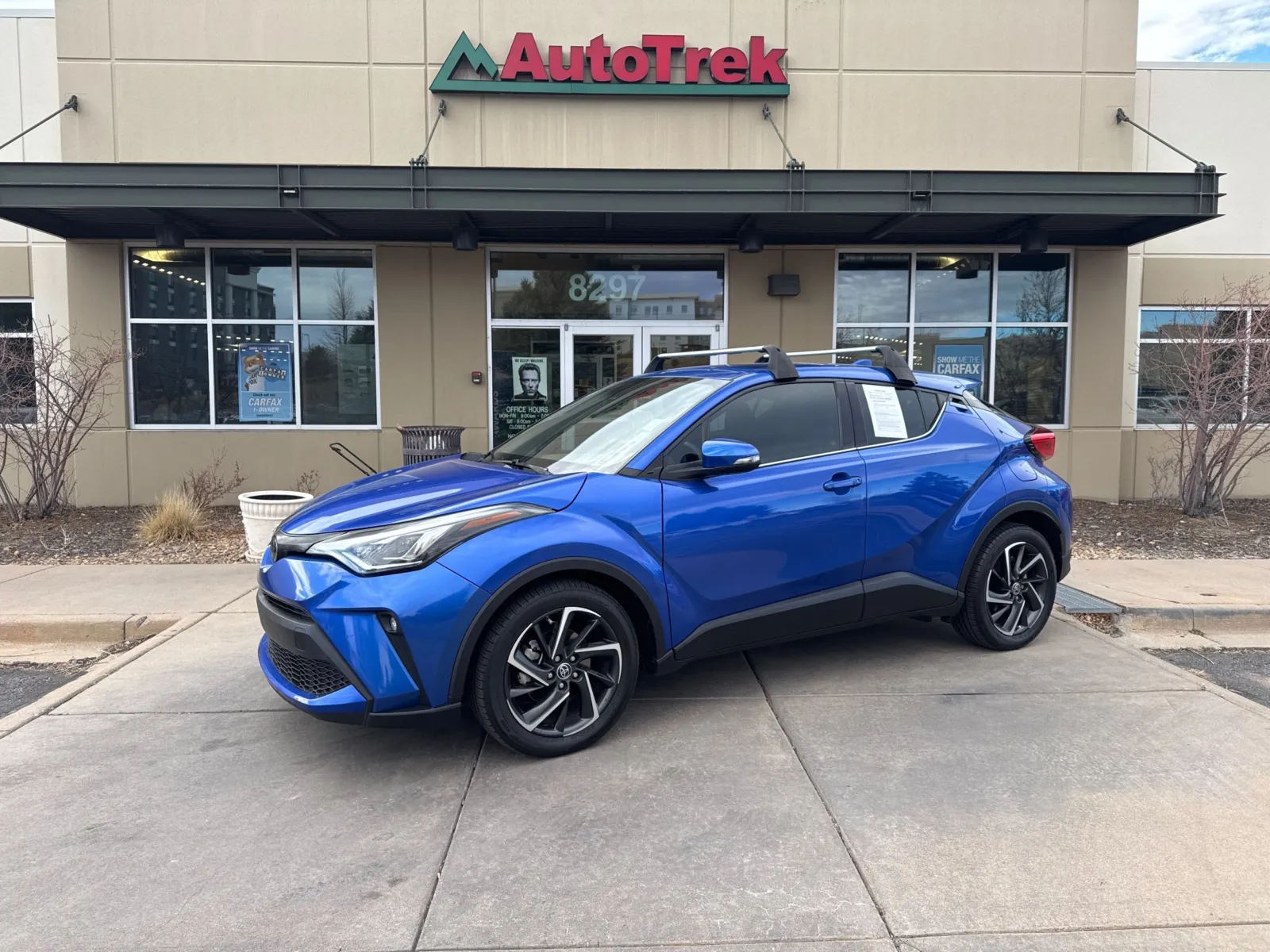Diesel Vs. Gas Truck: Which Is Better?
Choosing between a diesel vs. gas truck involves a detailed evaluation of priorities, especially for Colorado truck buyers. Factors like fuel economy, engine capability, and long-term ownership costs often influence this significant decision.
This guide breaks down the most important differences. We will help buyers understand what to expect from each option and how each truck type performs under real-world demands.
Fuel Efficiency and Operating Range
Diesel trucks typically deliver better fuel efficiency, largely due to diesel fuel’s higher energy density. This advantage allows for longer travel distances between fill-ups, which benefits those who cover large areas or regularly tow heavy loads. For many truck owners with demanding travel needs, fuel economy becomes a major deciding factor.
Gas trucks, on the other hand, consume more fuel over the same distance. This makes them less practical for extended hauling or frequent long trips.
Although their initial price may be lower, fuel expenses can add up quickly depending on usage. Buyers should factor in daily driving patterns and projected mileage when weighing total ownership costs.
Performance and Power Output
Diesel engines are known for delivering high torque at low RPMs, giving them strong towing and hauling performance.
Their ability to move heavy trailers, equipment, or cargo with ease appeals to owners who need dependable, heavy-duty capabilities. This strong low-end power makes diesel engines a preferred option for high-load applications.
Gas engines usually generate higher horsepower and offer quicker acceleration, particularly when carrying lighter loads. These characteristics make gas trucks more responsive for general commuting or occasional towing. For those using their truck mainly for personal transport, a gas engine provides solid performance across daily routines.
Engine Longevity and Build Quality
Diesel engines are often built with heavy-duty components and can last several hundred thousand miles with proper maintenance. Their rugged design accommodates the intense compression and pressure found in diesel combustion. This contributes to longer-lasting performance and higher resale value over time.
Gas engines typically experience more wear at lower mileages due to lighter construction and operating conditions. Although durable, they often require major service sooner than their diesel counterparts. Routine maintenance plays a vital role in helping gas trucks remain dependable over the long haul.
Maintenance Considerations and Repair Costs
Owning a diesel truck may come with higher maintenance expenses, partly because of the complex systems involved. Components like injectors, turbochargers, and emissions controls tend to be more expensive and require specialized service. Owners should budget for these costs as part of long-term ownership.
Gas trucks usually cost less to maintain, thanks to simpler technology and wider service availability. Common tasks such as oil changes or spark plug replacements are more affordable, and many service shops are well-equipped to handle gas engines. This ease of maintenance appeals to those looking to keep ongoing costs manageable.
Towing Capability and Strength
When it comes to heavy-duty towing, diesel trucks have a clear advantage. Their torque output allows them to handle substantial loads such as fifth-wheel trailers, campers, or construction equipment with confidence. Those who prioritize towing strength often turn to diesel for its unmatched capacity.
Gas trucks still offer solid towing performance for lighter applications. They can easily manage small boats, utility trailers, or modest campers. For this reason, they are suitable for recreational use and light commercial needs. Knowing the maximum intended towing weight helps determine the better fit.
Fuel Access and Refueling Convenience
Gasoline is widely available throughout Colorado and across the country, making it easy to refuel almost anywhere. This convenience supports both city driving and remote travel without the need to plan routes around fueling stations.
Diesel is commonly found at truck stops and major service centers, but may be harder to locate in rural or remote regions. For those driving long distances or unfamiliar routes, checking ahead for diesel availability can prevent delays. Nonetheless, major highways and transport corridors typically provide ample diesel access.
Initial Cost and Budget Planning
Diesel trucks tend to come with a higher purchase price, reflecting the durable engine design and advanced systems. This upfront cost may require a larger budget or financing plan, and buyers should be prepared for the initial financial commitment.
Gas trucks often provide a more affordable way to enter the market. Their lower sticker price allows for greater flexibility, leaving room in the budget for accessories, upgrades, or other vehicle-related expenses. This affordability appeals to many first-time truck owners or those with moderate driving needs.
Environmental Considerations
Modern diesel engines feature advanced emissions systems like Diesel Particulate Filters (DPF) and Selective Catalytic Reduction (SCR) to reduce harmful pollutants. These innovations make today’s diesel trucks much cleaner than previous generations.
Gas engines typically emit fewer nitrogen oxides but produce more carbon dioxide. Ongoing improvements in gasoline engine design continue to reduce emissions, but both fuel types have environmental trade-offs. The diesel vs. gas truck decision may include weighing local air quality priorities and regulations.
Cold Weather Readiness
Diesel trucks can face cold-weather challenges, including harder starts caused by diesel fuel gelling and the slower flow of thickened engine oil. As temperatures drop, fuel can solidify and delay ignition, especially in high-altitude or subzero regions.
Many owners rely on block heaters, glow plugs, or winter-specific fuel additives to improve cold-start reliability and reduce wear during icy mornings. Preparing a diesel truck for winter driving becomes a key maintenance priority, particularly in places like Colorado where snow and freezing temperatures are common for months.
Gas trucks generally start more easily in low temperatures because gasoline remains fluid and vaporizes efficiently in the cold. Unlike diesel engines, they do not require special heating equipment or additives to operate consistently in winter conditions.
This cold-weather dependability makes gas-powered trucks a preferred option for drivers who face frequent frosts or live in mountainous areas with long, harsh winters. Their quicker warm-up times also contribute to better cabin comfort and defrosting, adding to the practicality of gas engines during seasonal travel.
Find Your Next Used Pickup Trucks for Sale in Littleton, CO with AutoTrek!
Ready for an upgrade that truly performs on every level, without compromise? Our selection of top-quality used pickup trucks for sale in Littleton, CO, offers power and value for every adventure. Explore our inventory today and find reliable gas trucks in Littleton, CO that are perfect for work and play, ensuring you drive away with confidence from AutoTrek.











